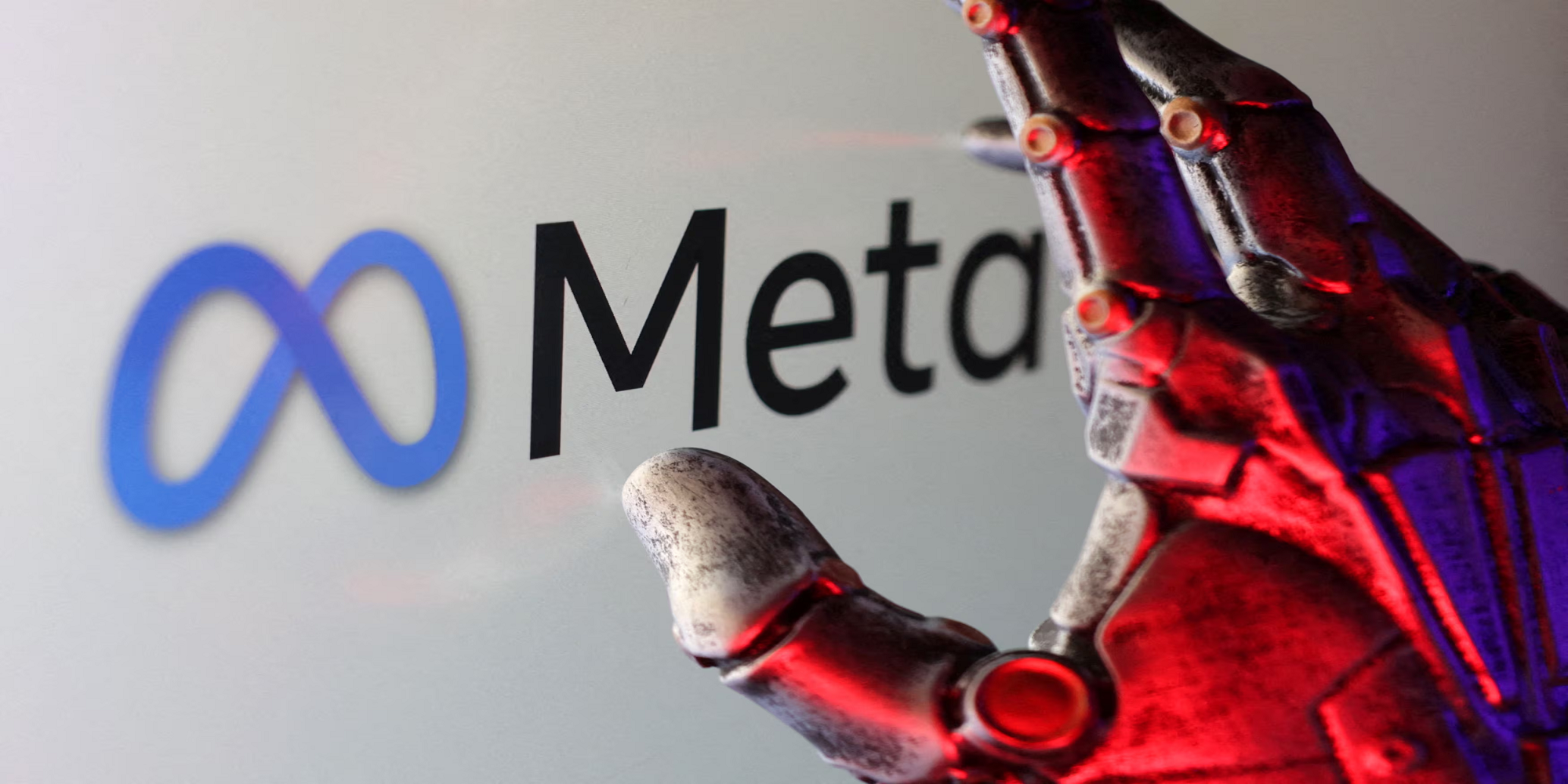







































Meta to cut 600 AI jobs in massive restructuring push
 AI
AI
 2024
2024
 META
META
 WOULD
WOULD
 CEO
CEO
Meta has announced plans to cut around 600 jobs from its artificial intelligence division as part of a major internal restructuring. The decision was revealed in a memo sent to employees by the company’s chief AI officer, Alexandr Wang, on Wednesday.
According to reports confirmed by the company, the layoffs will affect workers across its Superintelligence Labs, which oversee most of the company’s AI research and product development efforts. These teams include the fundamental AI research unit, FAIR, as well as the product and infrastructure divisions.
Wang’s memo stated that the goal is to streamline decision-making and improve the company’s AI operations. He explained that a smaller team would require fewer conversations, increasing individual responsibility, scope, and impact.
The company said the restructuring is not a withdrawal from AI development but a realignment to fix what it called “organisational bloat.” Employees affected by the move will receive official emails and may be reassigned internally where possible.
These layoffs reflect Meta’s ongoing focus on operational efficiency while investing heavily in AI. CEO Mark Zuckerberg has dubbed 2023 and 2024 “years of efficiency,” with these cuts following previous reductions aimed at streamlining the company after a period of rapid growth.

From hiring spree to tighter AI teams
The latest job cuts come only months after Meta made headlines for aggressively recruiting some of the world’s top AI researchers. The company offered multi-million-dollar pay packages to over 50 specialists from rivals like OpenAI, Anthropic, Google, and Microsoft in a bid to strengthen its AI capabilities.
Wednesday’s announcement indicates that the tech giant is adapting to the financial and organisational challenges of its expansion. The impacted teams were primarily formed during a period of rapid hiring that insiders now characterise as “overgrowth,” where new roles were added without proper integration.
Zuckerberg intensified Meta’s AI efforts after ChatGPT’s 2022 debut ignited a global AI race. Meta, encompassing Facebook, Instagram, WhatsApp, and Threads, initially lagged behind competitors. Although its open-source Llama model garnered interest, progress stalled due to project fragmentation across numerous teams.
Earlier this year, the company reorganised its AI division into four units: FAIR for research, a superintelligence division, a product team, and an infrastructure group. The recent 600 job cuts primarily affected the first three divisions, with Meta confirming that the team focused on “superintelligence” models was not reduced and continues to hire.
Wang, formerly co-founder of ScaleAI, now leads Meta’s initiative to consolidate its top researchers into a more efficient, unified team. His memo clarified that this restructuring aims to accelerate product delivery by streamlining processes, not by reducing overall goals.

Zuckerberg invested $14.3 billion in ScaleAI, Wang’s former company, and integrated key engineers from ScaleAI into Meta’s AI unit as part of his plan to overhaul Meta’s technical infrastructure and close the gap with leading competitors.
Meta is prioritising efficiency over expansion
Although the 600 job cuts represent under 1% of Meta’s 70,000 employees, the move signals a significant strategic change in its AI management, mirroring an industry-wide shift towards leaner, more results-oriented teams.
In Zuckerberg’s view, AI remains Meta’s top strategic priority, alongside virtual and augmented reality. The company continues to integrate AI features across its apps, from chatbots on Messenger to automated content generation on Instagram and ad optimisation tools for businesses.
Meta’s open-source strategy, particularly with the Llama models, contrasts with the closed systems of competitors like OpenAI and Google. By freely sharing its models, Meta aims to expand its influence among developers and researchers worldwide, despite internal scaling back.
Read also: Meta rolls out new scam alert features to protect older users on WhatsApp and Messenger
The restructuring reflects the increasing expense and complexity of AI development. Meta aims to improve coordination and accelerate progress by streamlining overlapping roles and merging teams, thereby managing costs associated with hiring leading researchers and building infrastructure for large-scale models.
Zuckerberg has assured staff and investors that the cuts aim to improve the efficiency and focus of Meta’s research and product teams, not to curb AI investment. Meta plans to expand its data centre capacity and continue recruiting in key AI areas like large language models and generative systems.

Across the industry, big tech firms are shifting from aggressively competing for AI talent to reorganising teams to focus on delivering profitable, market-ready AI tools. This restructuring marks a turning point for the organisation, from prioritising growth to managing scale.
In the long run, the company’s ability to balance innovation with financial discipline will determine how successfully it competes in the next phase of the AI race.

